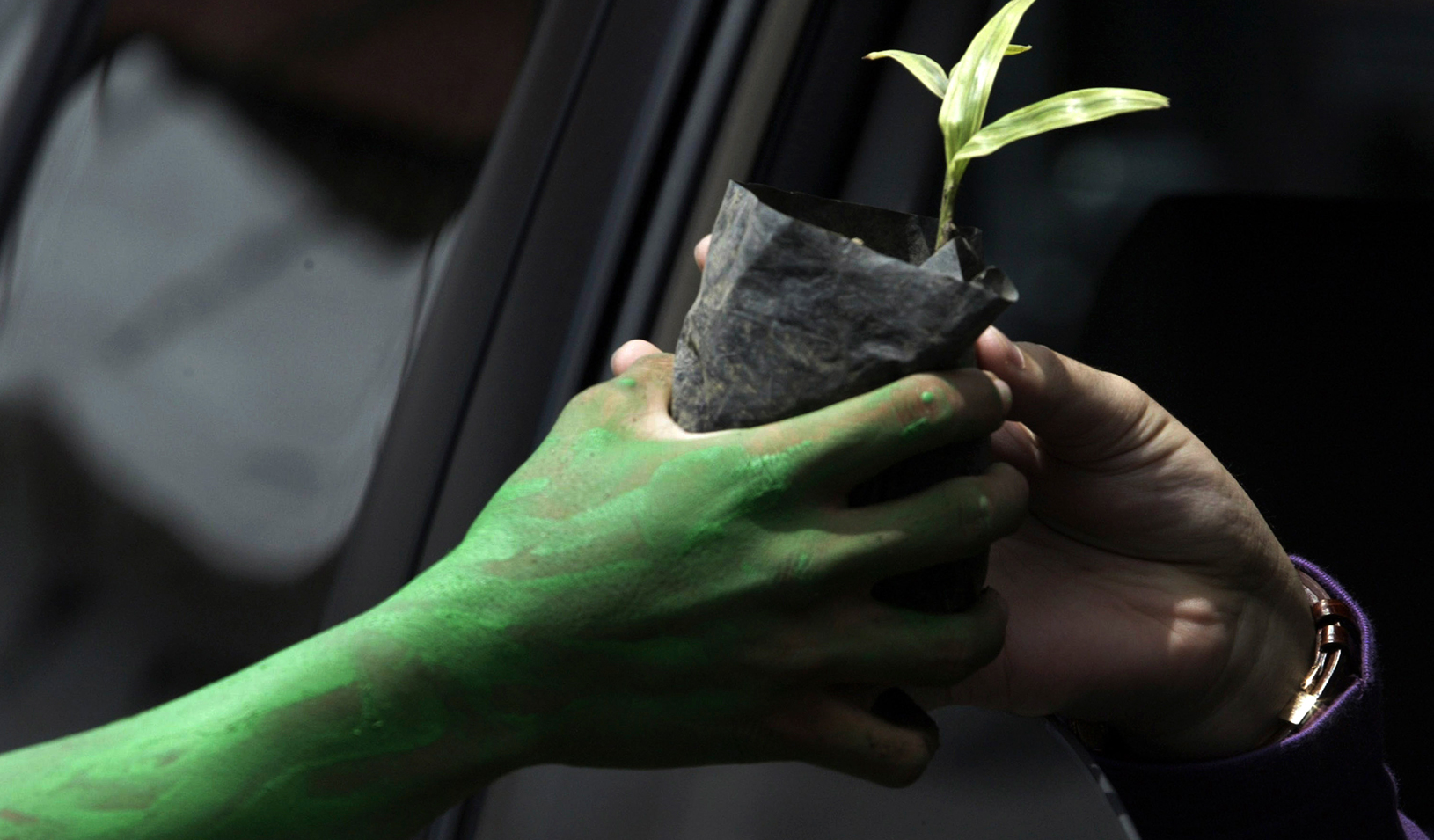
What inspires people to act selflessly, help others, and make personal sacrifices? Scholarly research can provide insight on what motivates people to engage in what psychologists call “prosocial behavior”— things like making charitable contributions, buying gifts, volunteering one’s time, and so forth.
In this column we look at whether people’s personal experience of physical distress –– such as hunger, thirst, heat, or cold –– increases their willingness to help somebody experiencing a similar distress. For example, how does hunger (or recent relief from hunger) affect a potential donor’s willingness to help hungry people as opposed to people with other needs –– such as housing or medical aid?
In a series of studies conducted in Israel, investigators found that people tend to be more generous when they are satisfied than when they are experiencing a need. Even partial relief from a recent visceral need like hunger motivates people to help others with a corresponding need. However, partial relief from a recent visceral need does not inspire helping behavior in general.
The researchers’ first study was designed to examine how experiencing hunger and its relief affected participants’ willingness to purchase food for the poor in contrast with helping the same group of people with something unrelated –– rental payments. Researchers asked participants to report the time that had elapsed since their last meal and gave half of them an energy bar before asking them how willing they were to donate to the two different needs.
The results provided initial support for the idea that people experiencing relief from a visceral need are more willing to help others with the same need than are people who are still experiencing that need. Specifically, after receiving an energy bar and getting partial relief from their own hunger, participants who had reported not eating for a relatively long time were more willing to donate money to the poor for food than they were to help with rental payments. In contrast, participants who were either not hungry or who were hungry but were not given relief showed greater willingness help with rental payments.
In a second study, some participants were instructed to come to the lab after fasting for at least three hours, while others were not given any instructions. In the hungry group, some were given energy bars at the beginning of the experiment to satisfy their need, while some were not. Meanwhile, those who were not given instructions were also given power bars to assure that they would not begin the experiment hungry. Researchers then examined real donations participants made to purchase food for the poor versus help with their rental payments.
As in the first study, participants who had their hunger relieved donated more to help purchase food. Those who were hungry or who had not fasted showed a slight preference to help with rental payments, and the investigators conjecture this was probably driven by heightened awareness of that need in Israel at the time.
The results of the second study further support the assumption that experiencing an immediate relief from a visceral need –– as opposed to actively experiencing that need –– increases people’s willingness to help those who are experiencing the same need over those who are experiencing a different need.
The research suggests that when people experience partial relief from a recent visceral need, they have a particularly acute understanding of others experiencing a corresponding need. Such an empathic perspective may allow them to extend resources and attention to address the needs of others, which are still vivid and accessible to them. Moreover, the vividness of the recent experience of relief from the same need may help people understand the importance of the resource that is lacking –– such as food, heat, and so forth. The more time that has elapsed since people have experienced lack and relief, however, the more they may relax their identification with the state of the needy, causing them to forget the importance of that specific need and how they may help.
So, what does this mean for those who try to encourage charitable contributions? Suppose you are organizing a fundraising event aimed at soliciting donations to feed starving people in India, and the event includes a multi-course dinner. When is the best time to ask the potential donors for their donations: At the beginning of the evening, when they are still hungry and may better identify with the cause? After the appetizer has been eaten, when they have experienced some relief from their own hunger? Or much later in the meal, when they are already well satiated? Based on our read of the present research, after the appetizer may be best.
The study, “Visceral Needs and Donation Decisions: Do People Identify with Suffering or with Relief?” by Inbal Harel and Tehila Kogu, appears in Volume 56, Number 1 (2015) of the Journal of Experimental Social Psychology.
Research selected by Professor Frank Flynn, Professor of Organizational Behavior and The Hank McKinnell-Pfizer Inc. Director of the Center for Leadership Development and Research at Stanford Graduate School of Business.



